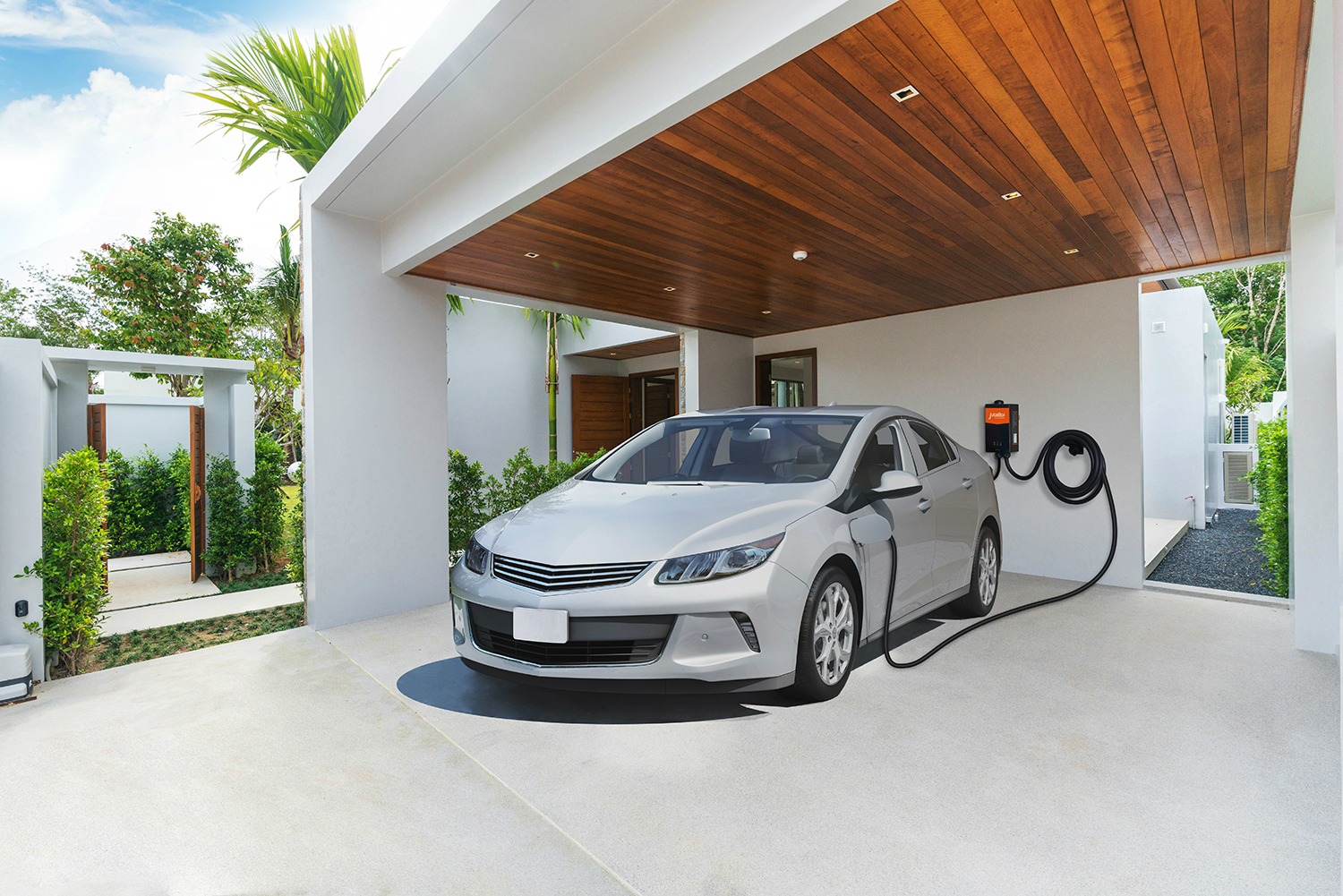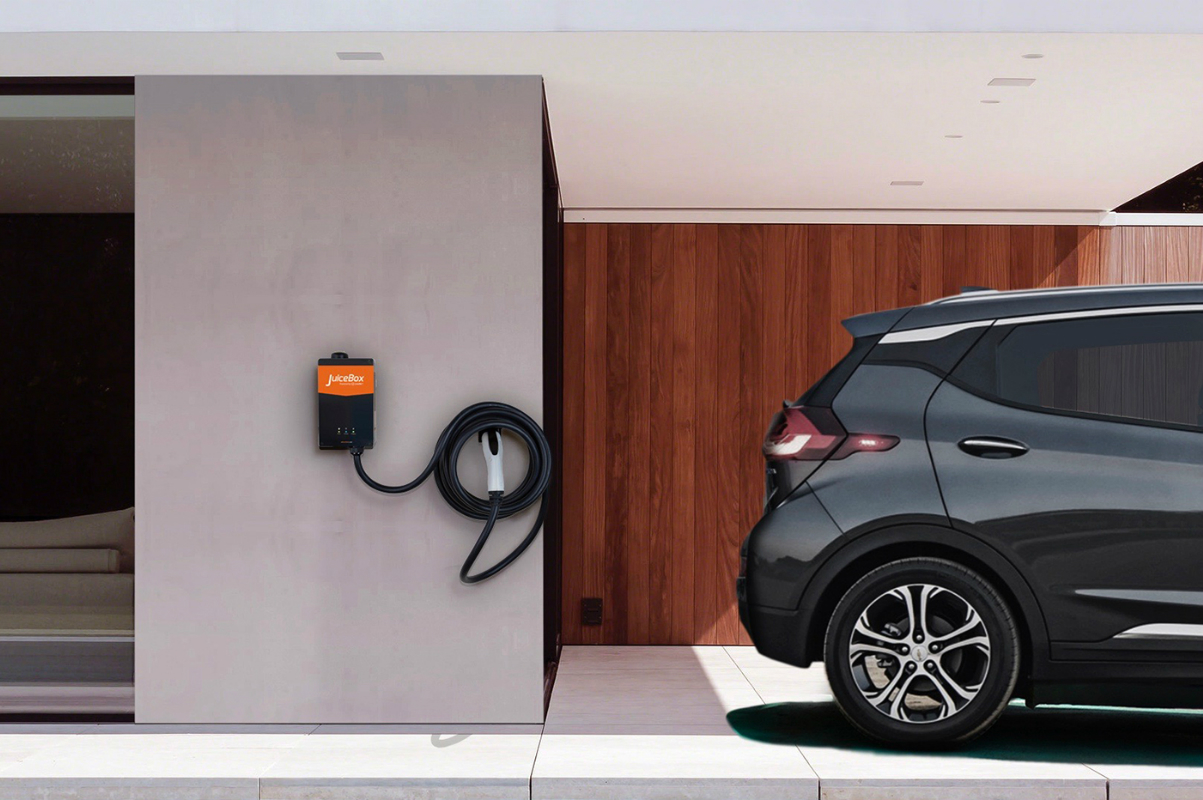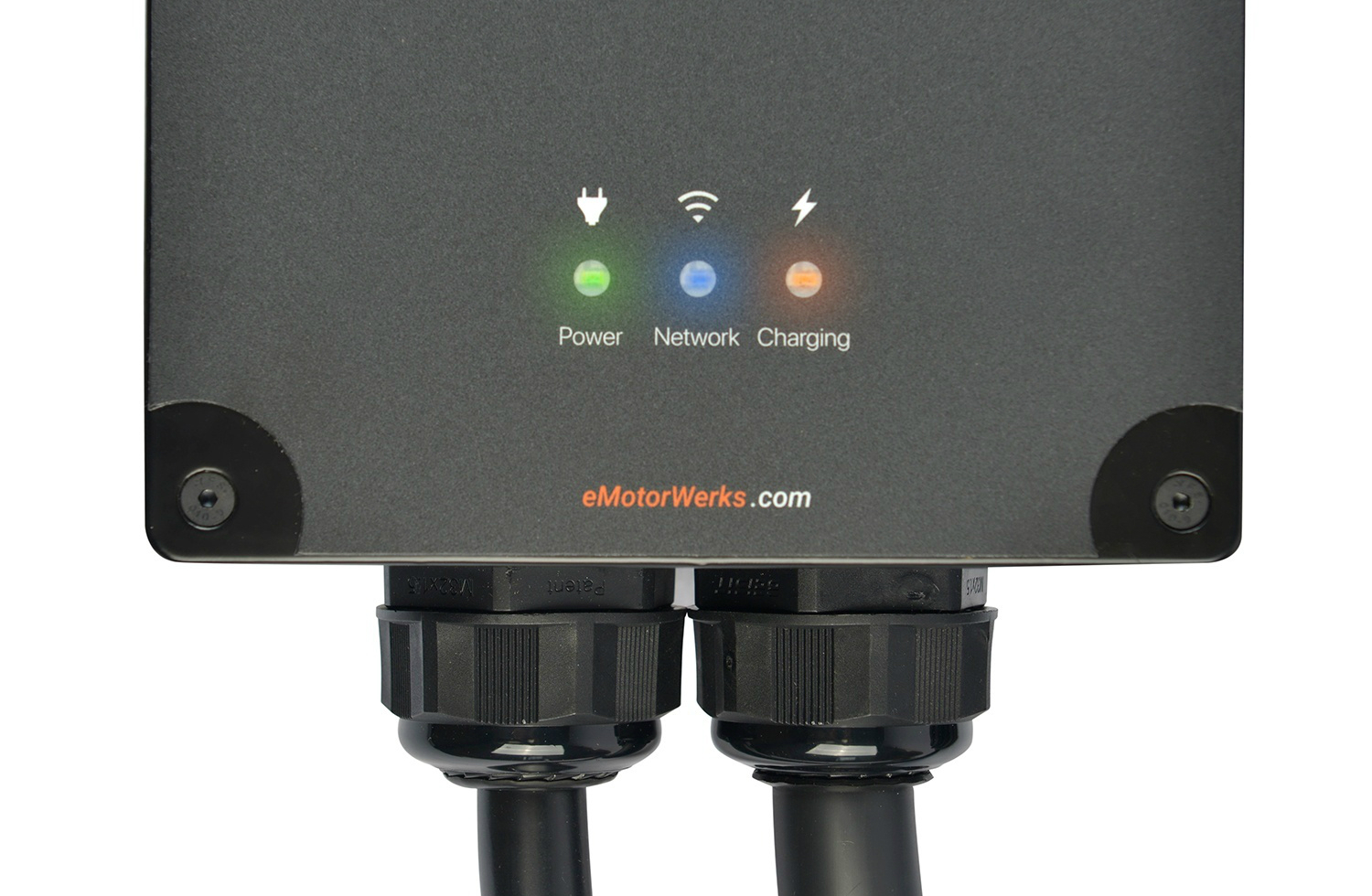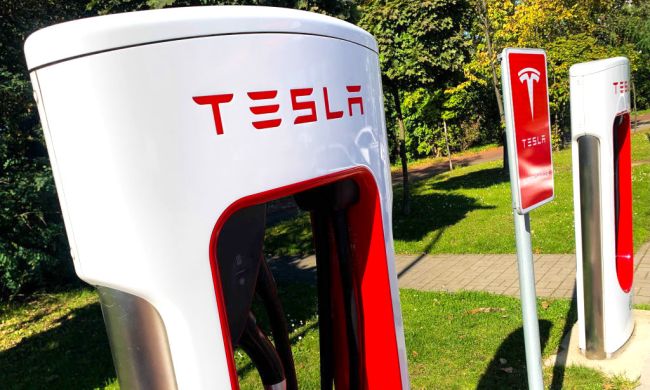JuicePlan, eMotorWerks’ new residential electric vehicle (EV) level 2 charging service subscription plan, is now available in parts of California, New York, New Jersey, and Maryland.
JuicePlan, which simplifies EV home charger selection and installation, has two components: The JuiceBox Pro 40 smart home charger and JuiceNet, eMotorWerks’ smart grid charging platform. JuicePlan subscriptions start at $19 per month and include installation by a locally certified electrician. Under the new plan, there is no down payment, and the first month of the subscription is free.
Consumer confusion about EV charging at home was the impetus for JuicePlan, according to eMotorwerks.
“There’s a continued need to democratize access to electrified mobility globally. One of the barriers we’ve found to greater adoption is the selection and installation of an EV charging system at home, where the vast majority of vehicle charging takes place today,” said Valery Miftakhov, eMotorWerks CEO and founder. “Our hope is that creating a subscription option for smart charging to existing EV owners or those that are considering an electric vehicle will accelerate EV adoption in the U.S.”
The JuiceBox Pro 40 is a Wi-Fi-enabled 40AH Level 2 smart EV charging station with a 24-foot charging cable. The JuiceBox’s water- and fire-resistant case has LED indicators for power, connectivity, and charging status. The JuiceBox Pro 40 is compatible with both Amazon Alexa and Google Home, so you can use voice commands to start or stop EV charging from inside your home.
With the JuicePlan’s JuiceNet mobile app or JuiceNet online dashboard, EV owners can control and monitor charging remotely. In areas with time-of-use charging, where usage rates vary depending on usage levels during different periods, JuicePlan subscribers can schedule their EV charging to take advantage of when the rates are lowest.
The app and dashboard also support notifications for the start and end of charging, JuiceBox offline and online status, and when the EV is fully charged. In addition, owners can view real-time and historical charging data.
The price of the charger is included with the JuicePlan subscription, along with the app, dashboard, and home installation. If you’d prefer to buy the charger outright, the JuiceBox Pro 40 is available for purchase from eMotorWerks for $549. In some areas in the U.S., the purchase price includes installation by a certified electrician. By offering the JuicePlan monthly subscription service with installation included, eMotorWerks is taking the initial cost and hassle of setting up for Level 2 home charging largely out of the equation.
eMotorWerks plans to expand the JuicePlan subscription to more locations in the U.S. You can check your location or sign up to receive a notification when the plan is available in your area by filling out the eligibility form.








